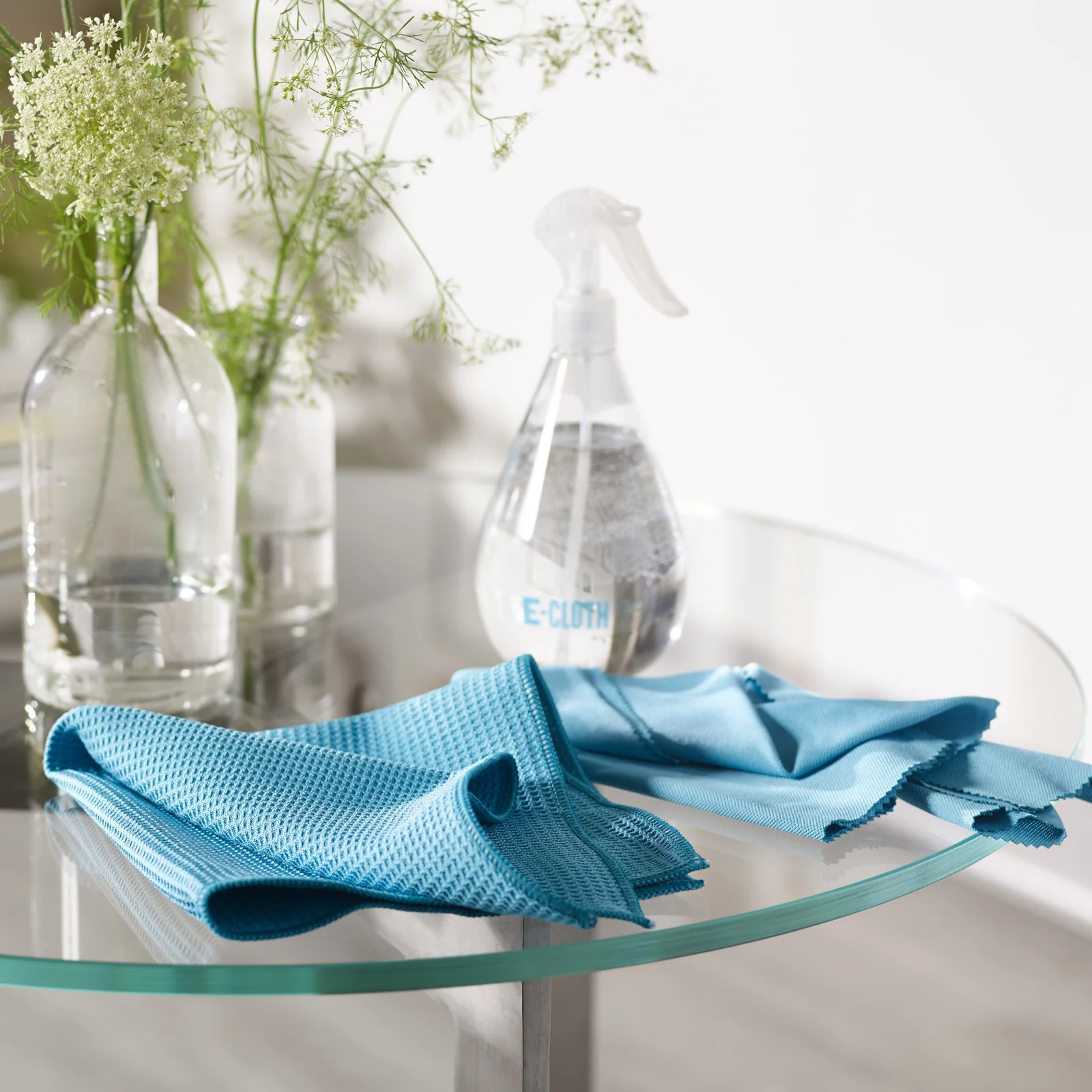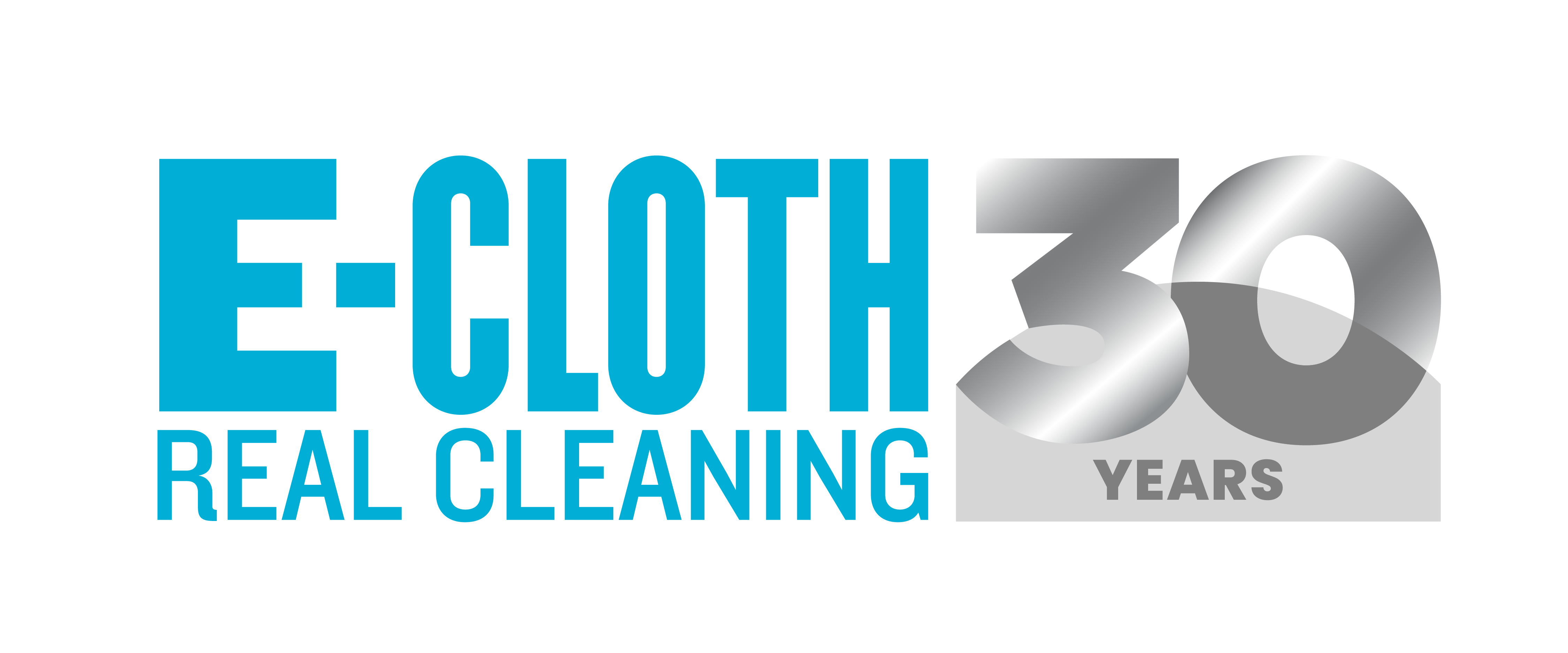Table of content:
How Often You Should Clean Your Refrigerator
Consequences of Skipping Refrigerator Cleaning
DIY Methods to Clean Your Refrigerator
Keeping your refrigerator clean is essential for maintaining a fresh, efficient, and healthy kitchen environment. Regular cleaning not only helps prevent unpleasant odors and food spoilage but also supports the longevity and performance of your appliance. By establishing a routine that includes both periodic deep cleans and quick spot cleaning, you can easily stay ahead of messes and avoid the hassles that come with neglect. Whether you’re managing a busy household or simply want to keep your food storage in top shape, understanding how often to clean your refrigerator—and why it matters—will make the task easier and more rewarding.

A Clean You Can See
Our high-performance microfiber products simplify cleaning, making it quick, easy, and effective, so you can enjoy visible results without the fuss. No streaks, just results.
How Often You Should Clean Your Refrigerator
How Often to Clean Your Refrigerator
- Thorough Cleaning Every 3–4 Months: A complete cleaning every three to four months helps remove any accumulated food debris, spills, or odors that can develop over time. This interval works well for most households since it balances regular maintenance with your busy schedule.
- Immediate Spot Cleaning: While a deep cleaning is recommended quarterly, you should wipe up spills and food residues as soon as they occur. This minimizes the chance of sticky spots turning into stubborn buildups and keeps odors at bay.
- Adjust Based on Frequency of Use: If you frequently handle fresh foods or leftovers, or if your refrigerator gets a lot of use, consider cleaning more often. Spot clean weekly and schedule a more thorough cleaning monthly if needed.
- Seasonal Considerations: Many people include refrigerator cleaning as part of their seasonal deep cleaning routine. This ensures that any less-visible areas are addressed, taking advantage of a time when the whole house gets a refresh.
- Preventing Odors and Build-Up: Regular cleaning not only keeps the refrigerator looking good but also prevents persistent odors and the slow build-up of residue, which can affect the enjoyment and efficiency of your food storage.
Streak-Free Wherever You Need It
E-Cloth is committed to delivering a clean you can see—effortlessly erasing messes with just water for a spotless shine, free of streaks and added chemicals.

Consequences of Skipping Refrigerator Cleaning
What Happens When You Skip Refrigerator Cleaning?
- Unwanted Odors Take Over
Let’s be real: that “mystery smell” isn’t going to walk itself out the door. When you skip cleaning, food spills, forgotten leftovers, and expired condiments start to mingle, creating a cocktail of odors that can be tough to remove. Even if you can’t see the mess, your nose will know. - Food Spoilage Accelerates
A dirty fridge isn’t just unsightly—it’s a fast track to spoiled food. Spills and crumbs can become breeding grounds for mold and other unwanted guests. This can cause fresh groceries to go bad faster, wasting your money and time. - Cross-Contamination Risks Increase
When raw foods, like meat or eggs, leak onto shelves or drawers, they can transfer unwanted substances to other foods. This is called cross-contamination. If you don’t clean up promptly, you’re giving those substances a free ride to your next meal. - Appliance Efficiency Drops
A fridge full of sticky spills and blocked vents has to work harder to keep things cool. Over time, this can mean higher energy bills and more wear and tear on your appliance. A quick wipe-down can help your fridge run more efficiently and last longer. - Unpleasant Surprises Multiply
Ever reached for a snack and found it stuck to a shelf? Or discovered a science experiment growing in the veggie drawer? Skipping regular cleaning means you’re more likely to find these “surprises”—and not the good kind. - It Gets Harder to Clean Later
The longer you wait, the tougher the job. Spills dry out, stains set in, and sticky spots become nearly impossible to remove without serious elbow grease. Regular cleaning keeps things manageable and saves you time in the long run. - It’s Not Just About Looks
A clean fridge isn’t just about appearances. It helps keep your food fresher, your appliance running smoothly, and your kitchen a more pleasant place to be. Plus, you’ll never have to apologize for your fridge when guests come over.
DIY Methods to Clean Your Refrigerator
.svg)
Baking Soda and Water Paste
Mix baking soda with a small amount of water to form a thick paste. Apply the paste to refrigerator surfaces using a sponge or cloth, gently scrubbing away stains and odors. Wipe clean with a damp cloth for a fresh, odor-free fridge.
.svg)
Vinegar and Water Spray
Mix equal parts white vinegar and water in a spray bottle. Spray the solution onto refrigerator surfaces and shelves, then wipe clean with a microfiber cloth. This natural cleaner removes odors, cuts through grime, and leaves your fridge fresh and spotless.
.svg)
Lemon Juice and Water Solution
Mix equal parts lemon juice and water in a spray bottle. Spray the solution onto refrigerator surfaces and wipe with a microfiber cloth. The natural acidity of lemon helps remove stains, neutralize odors, and leaves a fresh scent.
.svg)
Hydrogen Peroxide and Water Spray
Mix equal parts hydrogen peroxide and water in a spray bottle. Spray the solution onto refrigerator surfaces and let it sit for a few minutes. Wipe clean with a microfiber cloth. This method disinfects and removes stains without harsh chemicals.
.svg)
Limited Deep Cleaning
Baking soda and water paste offers only limited deep cleaning for refrigerators, as it may not effectively remove tough stains, odors, or bacteria in hard-to-reach areas, leaving some grime and contaminants behind.
.svg)
Odor Removal Ineffective
Vinegar and water spray may not fully eliminate strong or persistent refrigerator odors, as it can mask smells temporarily but may not penetrate or neutralize deeply embedded or stubborn sources of odor.
.svg)
Bacterial Growth Risk
Using lemon juice and water to clean a refrigerator may not effectively kill bacteria, increasing the risk of bacterial growth and contamination, as this solution lacks the disinfecting power needed to ensure a hygienic environment.
.svg)
Surface Residue Persistence
Hydrogen peroxide may leave a residue on refrigerator surfaces if not thoroughly wiped, potentially contaminating food and affecting taste or safety. Incomplete rinsing can also reduce cleaning effectiveness and cause persistent odors.
Ready for an Easier Way to Clean?
Skip the mixing, spraying, and scrubbing. With E-Cloth, you get a streak-free shine using just water—no added chemicals, no hassle. Make every window sparkle the simple way.
Explore other Articles
Headphones
Learn how often to clean your headphones for optimal sound and hygiene. Simple tips to keep them fresh and lasting longer.
Bookshelves
Discover the ideal frequency to clean your bookshelves for a dust-free, organized, and fresh home library.
Jeans
Discover the ideal frequency to clean your jeans for lasting style, comfort, and fabric care. Keep them fresh and durable!
Range hood filter
Learn how often to clean your range hood filter for optimal kitchen air quality and appliance efficiency. Keep it fresh and safe!
Washing machine
Learn how often to clean your washing machine for optimal performance and freshness. Keep your laundry fresh and your machine efficient!
Garage floors
Discover the ideal frequency for cleaning your garage floors to keep them spotless and well-maintained year-round.
Experience Real Cleaning
A Clean You Can See
Experience Real Cleaning


